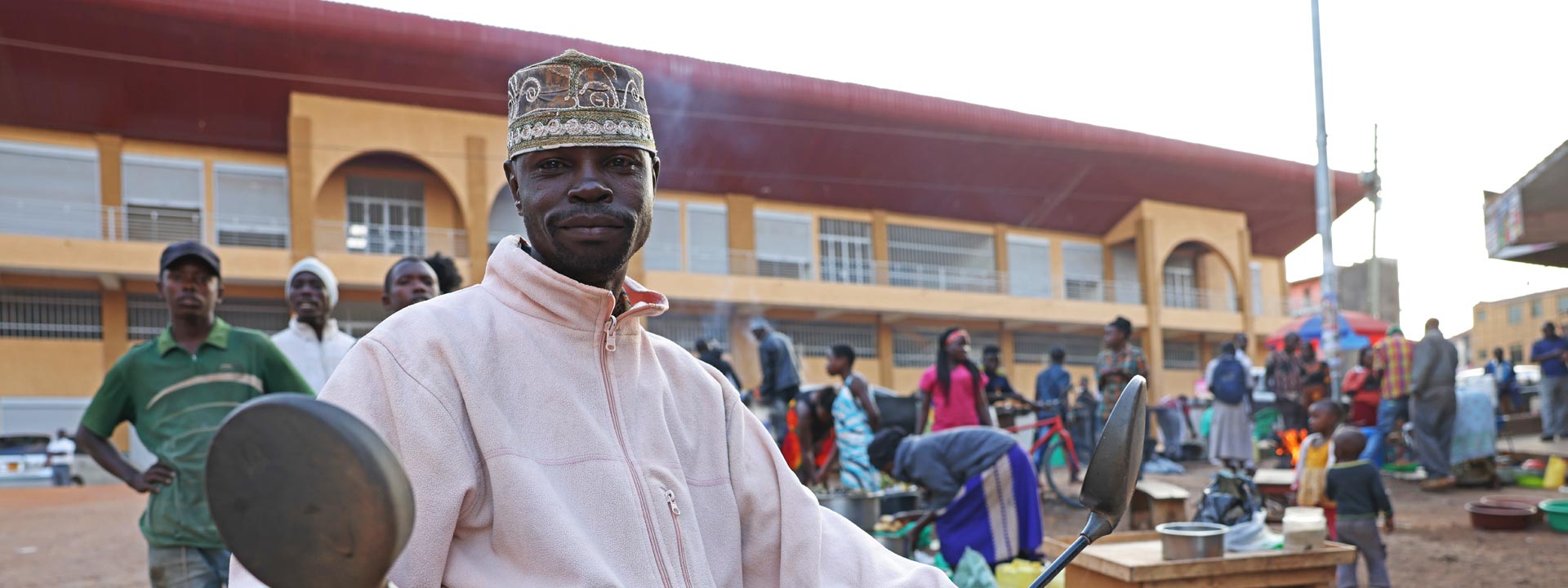
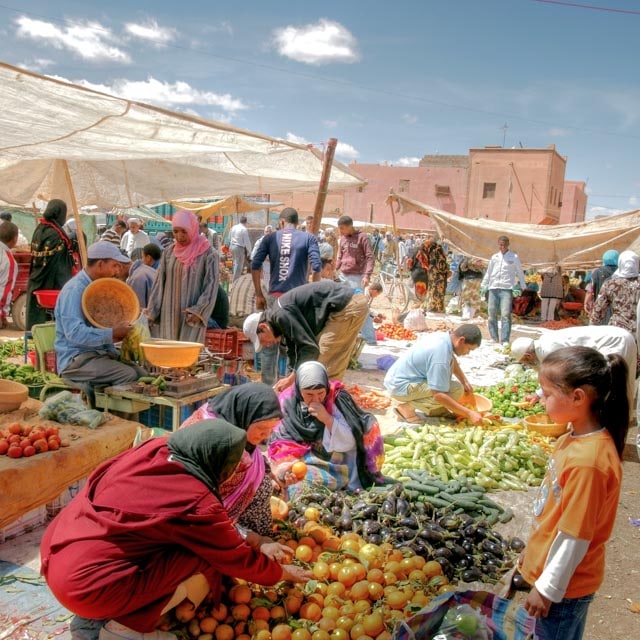
In Africa, hope
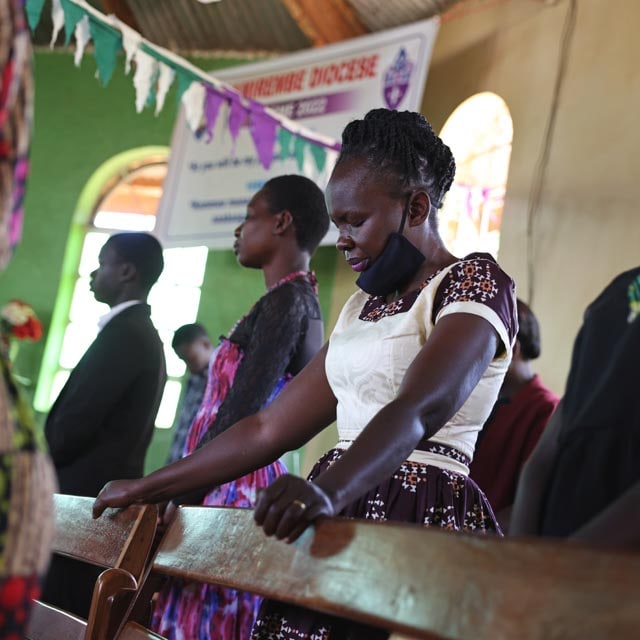
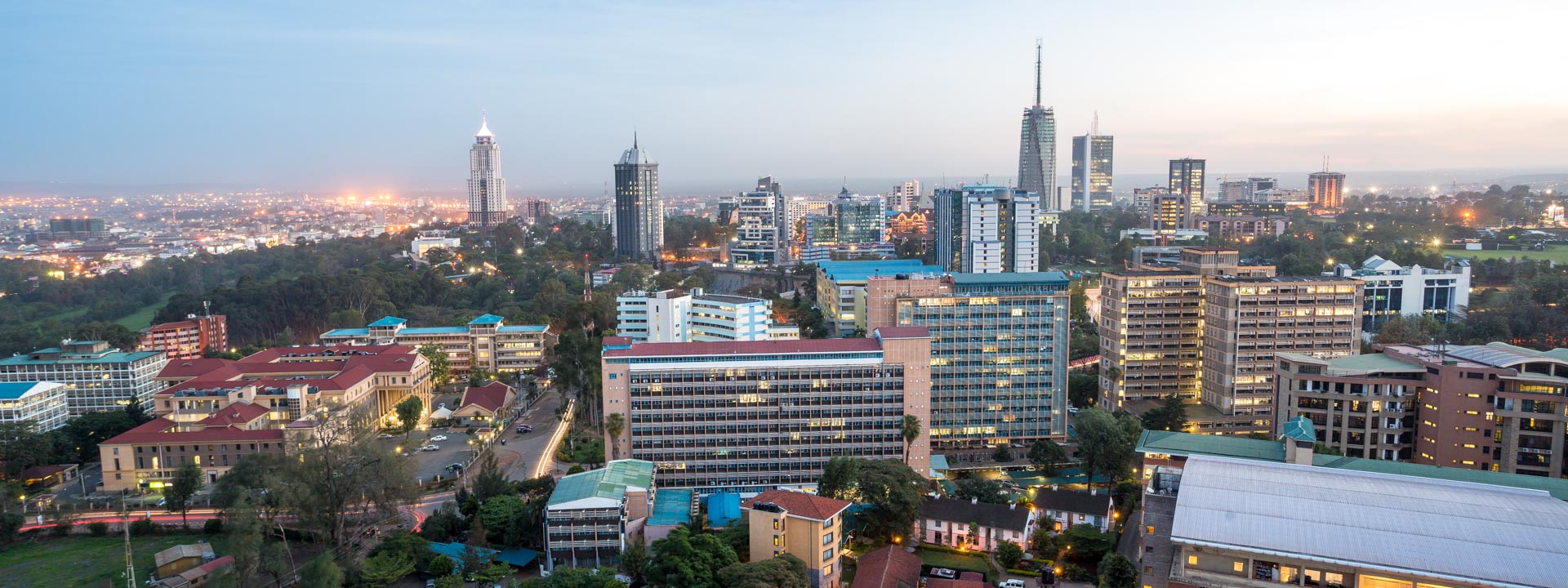
Africa is a vibrant, diverse continent that defies simple stereotypes. It is made up of 54 nations with over 3,000 ethnic groups that speak more than 2,000 languages.
A land of contrasts, Africa contains a growing middle class but also extreme poverty, urban financial centers and rural herding communities, emerging democracies and authoritarian regimes.
Africans have made great strides fighting the legacy of colonialism while contending with the ongoing plunder of their natural resources and geopolitical battles for influence on the continent.
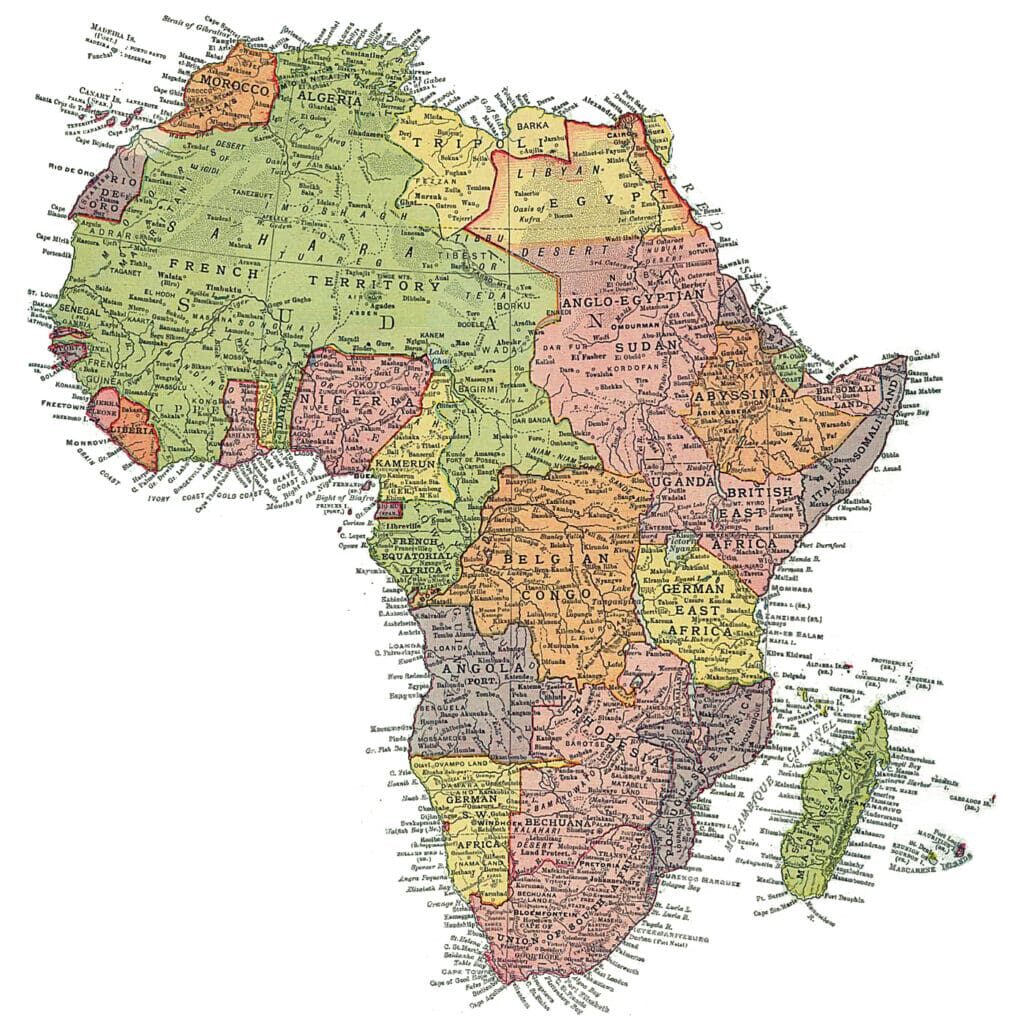
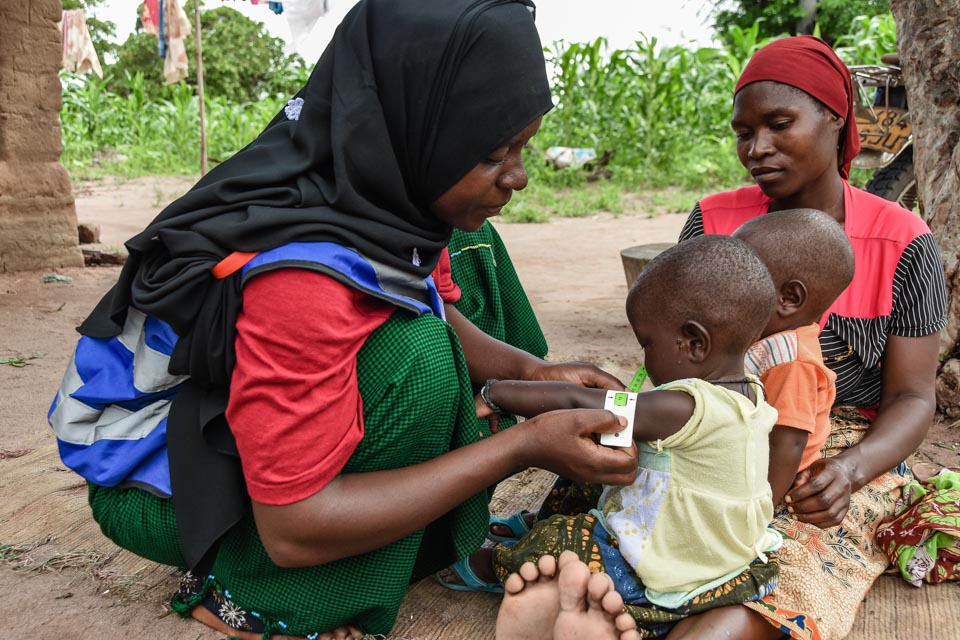
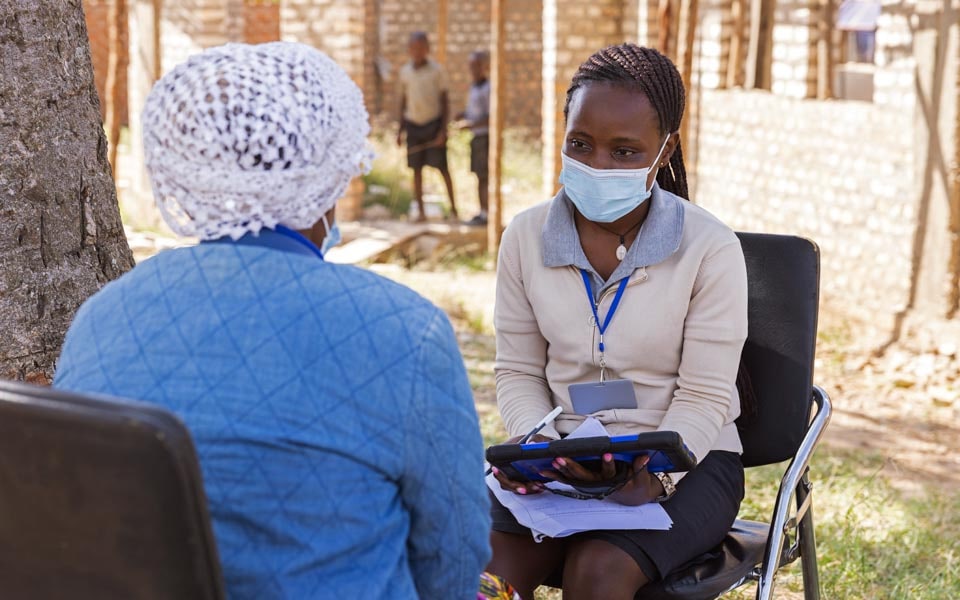
Despite this progress, difficulties remain, including poverty, environmental challenges and public health issues.

Boosting Health, Cutting Poverty
In Sub-Saharan Africa, poverty and disease are intertwined. Years of economic crisis, war and the spread of HIV have orphaned many children and adolescents and weakened their family support systems. These young people often quit school to earn money and are more likely to engage in risky behavior, such as unprotected sex and substance abuse.
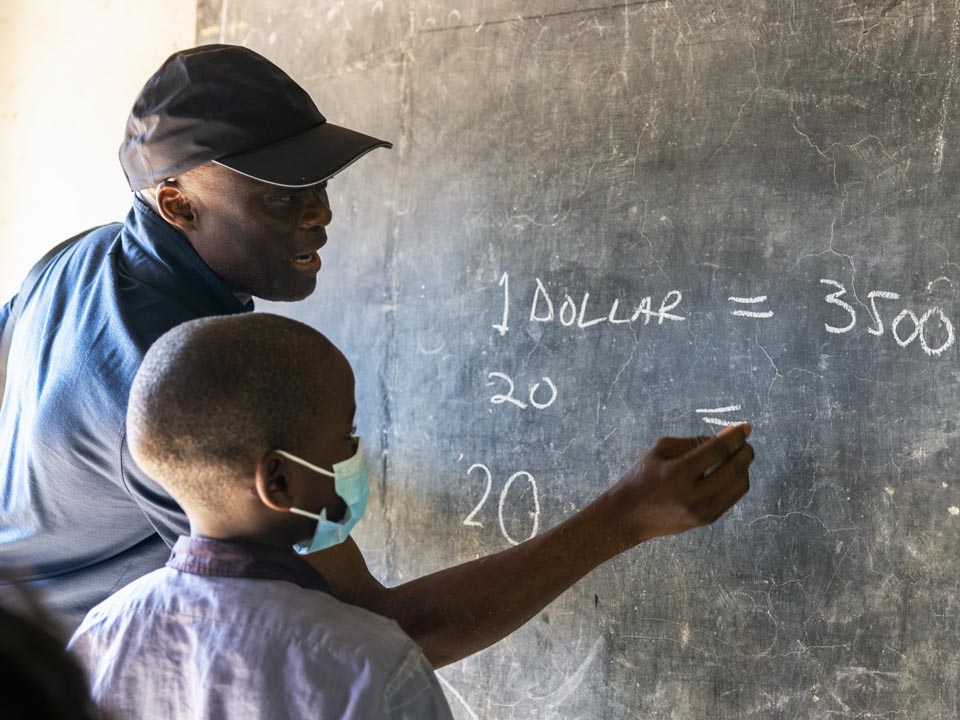
Fred Ssewamala, an interdisciplinary researcher at the Brown School at Washington University in St. Louis, and his colleagues are exploring interventions that reach into classrooms in his homeland of Uganda and in other African nations.
The goal is to empower young people and their communities with information they need to make healthy decisions and to reduce poverty through financial literacy and matched savings accounts.
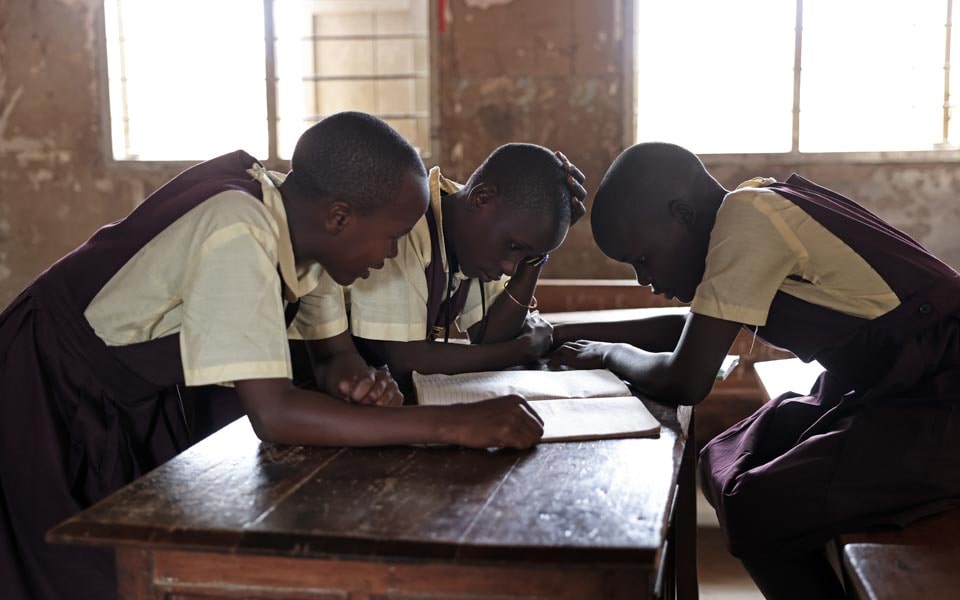
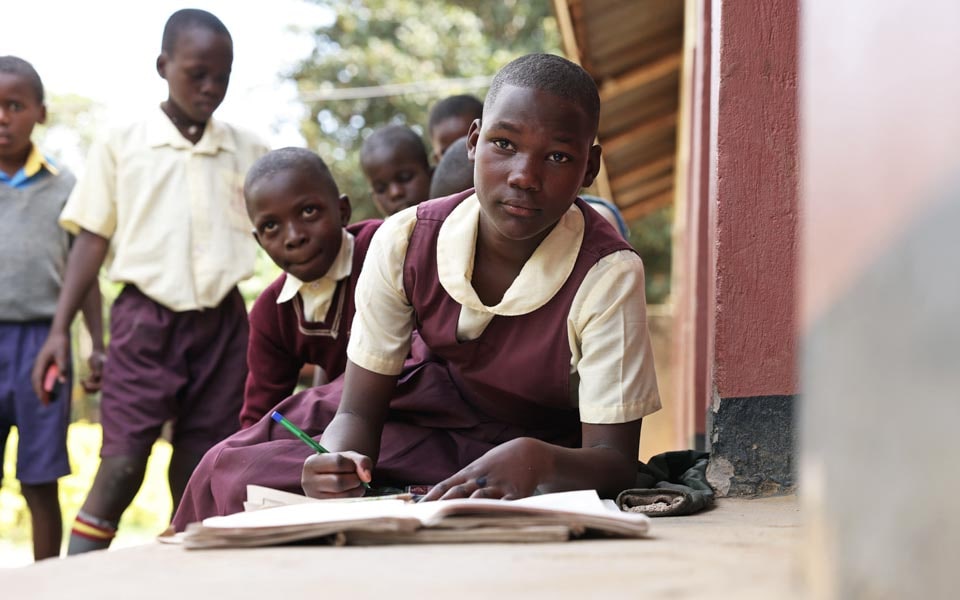
Added financial security has allowed study participants to stay in school and imagine a brighter future. They’ve improved their HIV knowledge, adherence to medication and treatment , prevention attitudes, school performance and ability to save money.
“That’s how I designed my entire research enterprise,” Ssewamala says. “Meet people where they are and start infusing resources. You change the dynamics of the household.”
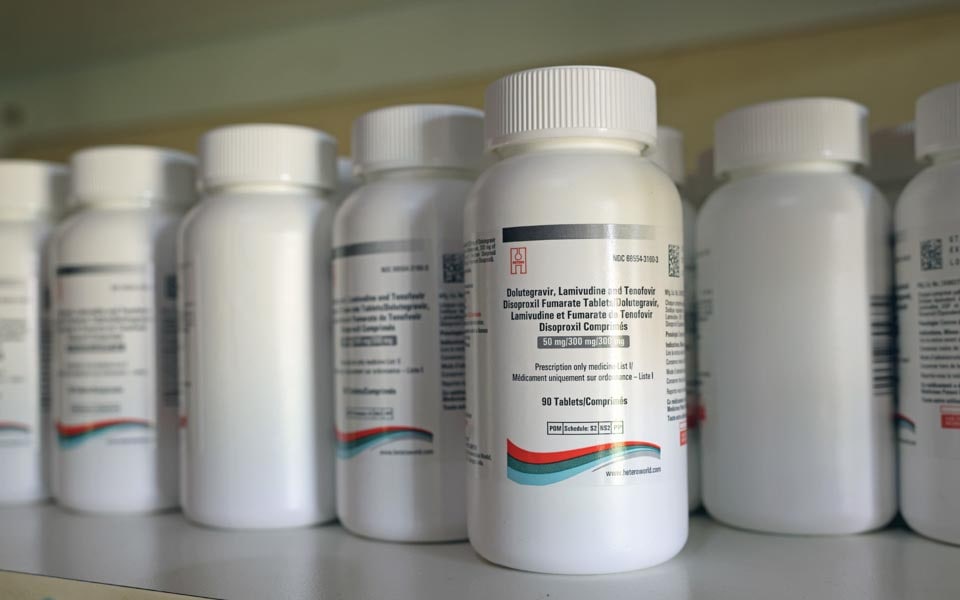
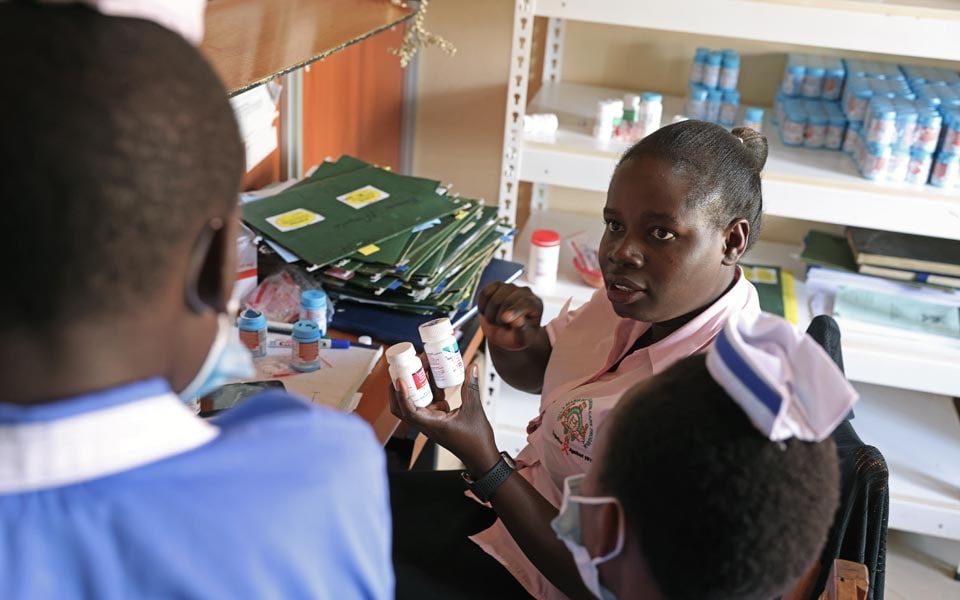
People start to think about the future differently. You create hope.
Fred Ssewamala
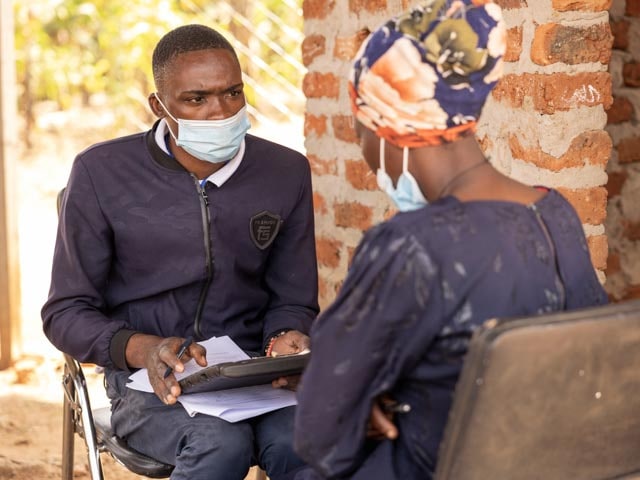
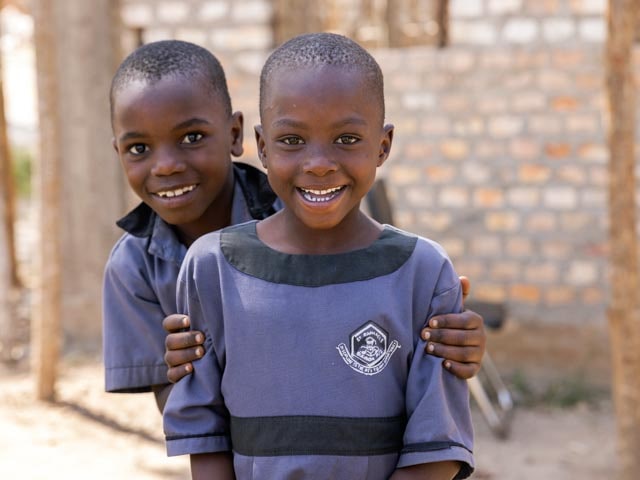
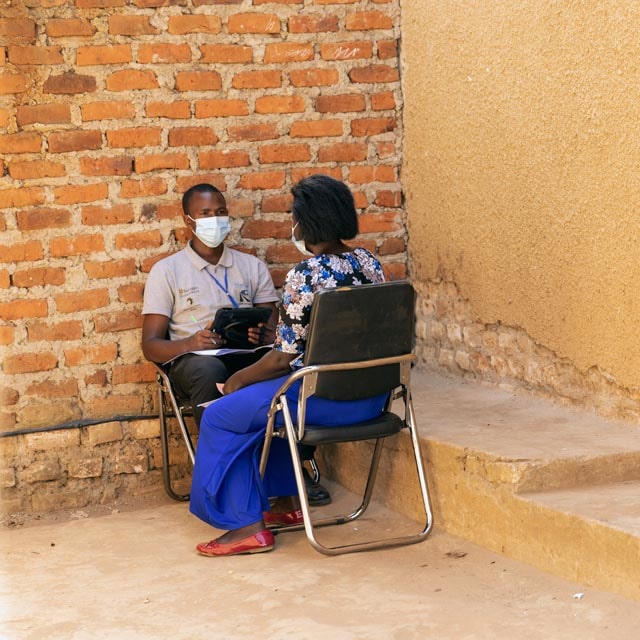
Ssewamala’s International Center for Child Health and Development (ICHAD) is currently conducting 15 studies, including interventions involving youth mental health, HIV stigma and sex workers.
ICHAD researchers seek input from families, local leaders and teachers to tailor lessons to each community.
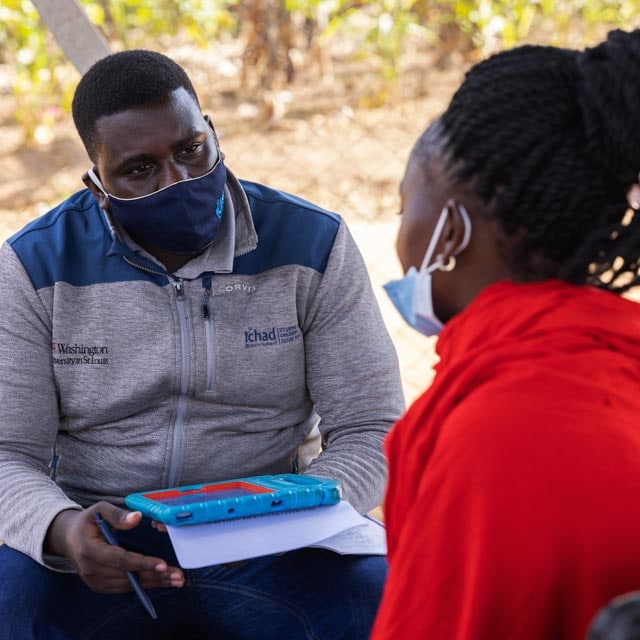
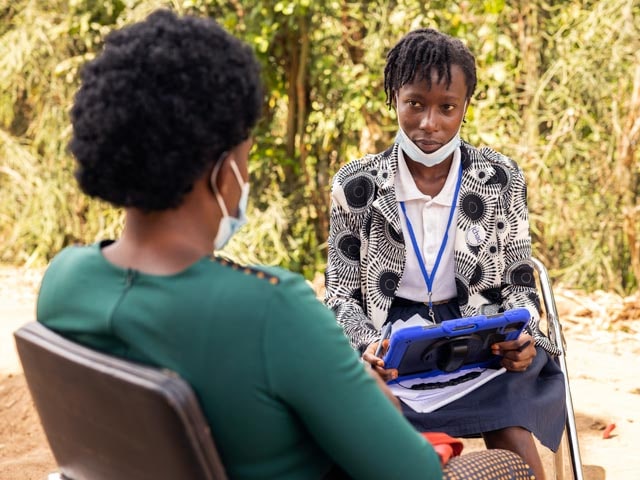
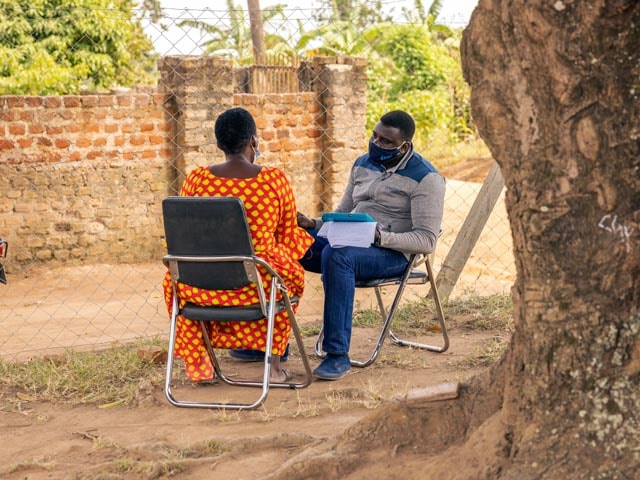
Looking to the future, Ssewamala is passionate about mentoring young African researchers to ensure Africans are leading the way to a new Africa.
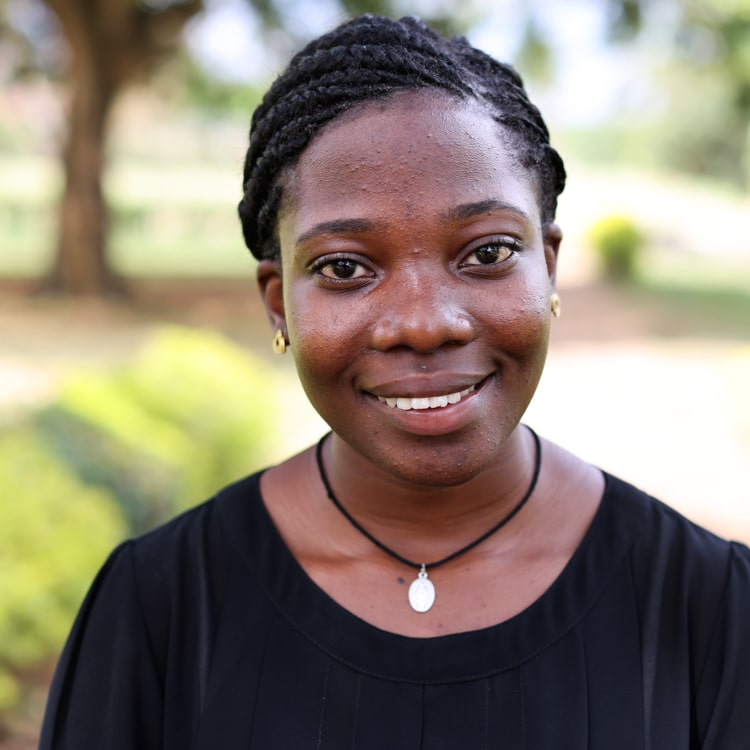
Nanyanzi Maltina, for example, was a 10-year-old ICHAD participant who later became one of Ssewamala’s research assistants and is now in college studying accounting and finance.
“Every time I told Dr. Fred, ‘This is what I want to do,’ he never let me down,” Maltina says.
Relieving Hunger
In west and central Africa, about 6 million children under age 5 suffer from severe acute malnutrition, according to UNICEF. The consequences are profound. Children with this type of malnutrition may suffer from delayed growth, impaired brain development or even death.
Mark Manary is a professor of pediatrics at Washington University School of Medicine and an expert in childhood malnutrition. His research led to a therapeutic food, similar to peanut butter and fortified with micronutrients, that helps children under age 5 gain weight quickly. It is easily digestible, requires no cooking, doesn’t need refrigeration, and can be served to children at home, avoiding trips to crowded medical facilities.
Recovery rates for malnourished children treated with this therapeutic food are 75% to 95%, compared with 25% to 40% with milk-based formula given in hospitals.
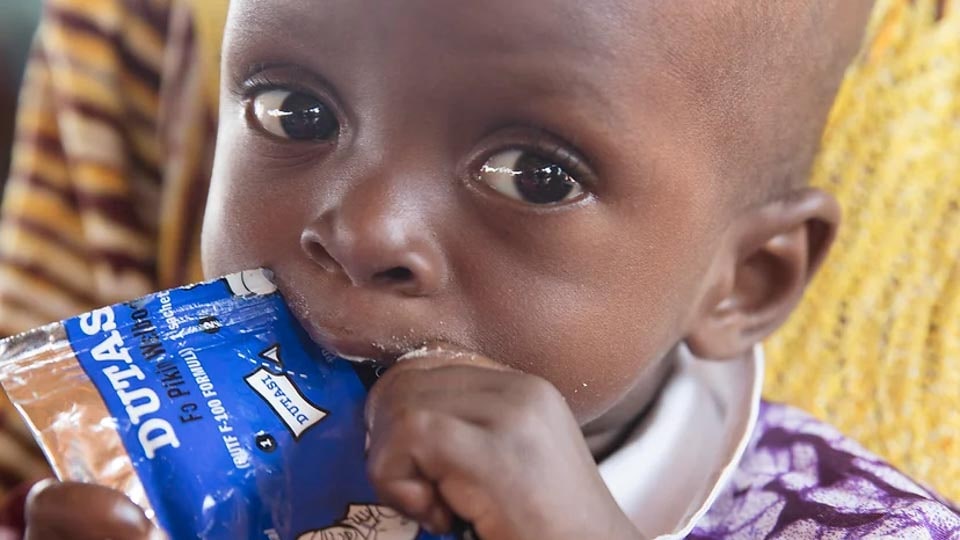
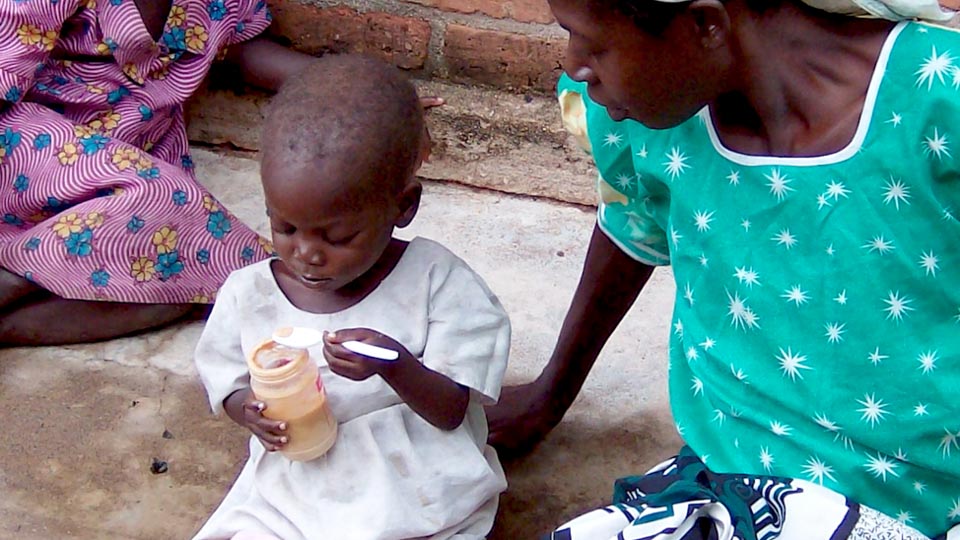
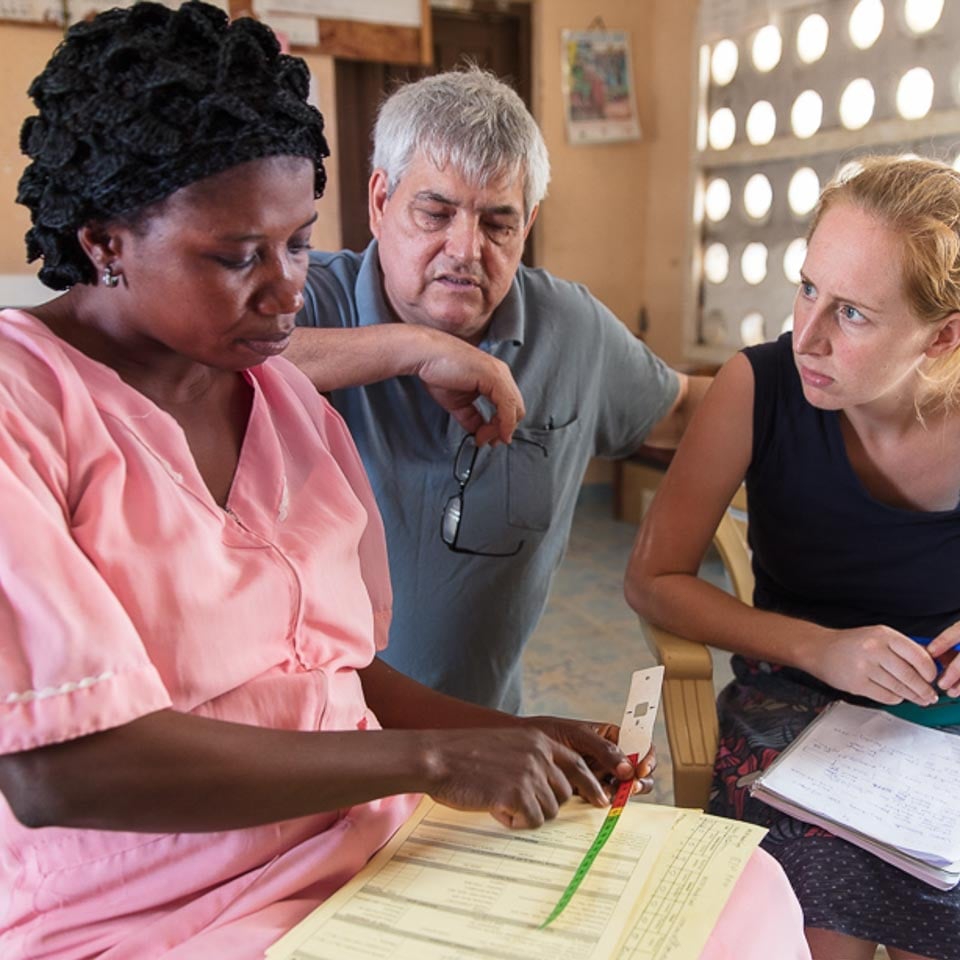
The brain is the most important organ, and, by nourishing it, these children can gain skills and abilities similar to kids who are not malnourished. That’s significant.
Mark Manary, professor of pediatrics at the Washington University School of Medicine and an expert in childhood malnutrition
In 2004 in Malawi, Manary founded the nonprofit Project Peanut Butter to produce and distribute this lifesaving product — also known as ready-to-use therapeutic food (RUTF). Now Project Peanut Butter runs production facilities in Malawi, Sierra Leone, Ivory Coast and Ghana. These factories use mainly local ingredients, generate jobs and support local economies. Communities take pride in running the factories and caring directly for their own children.
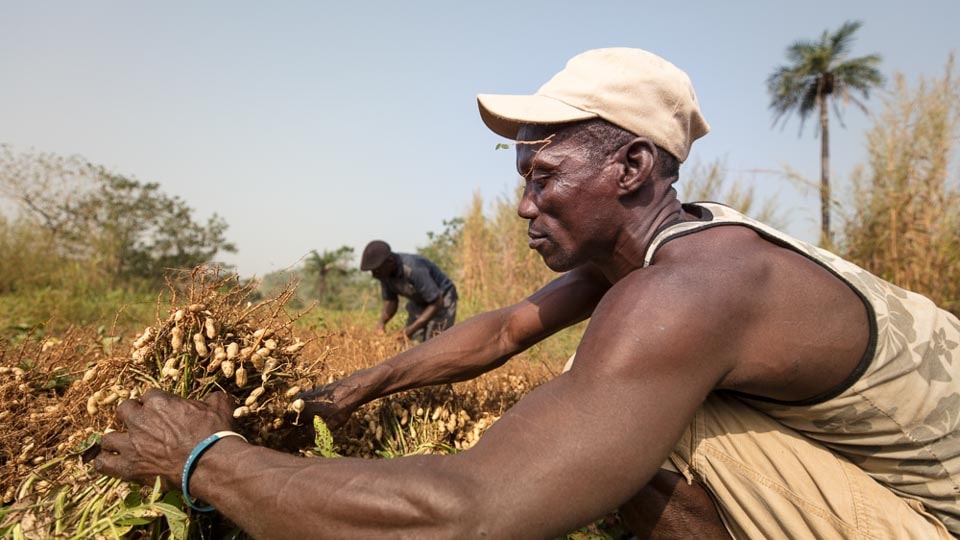
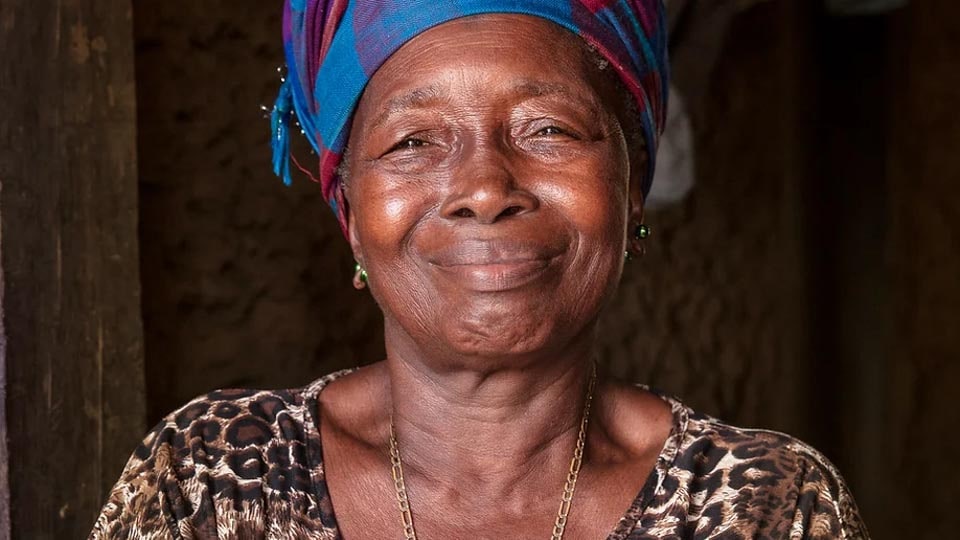
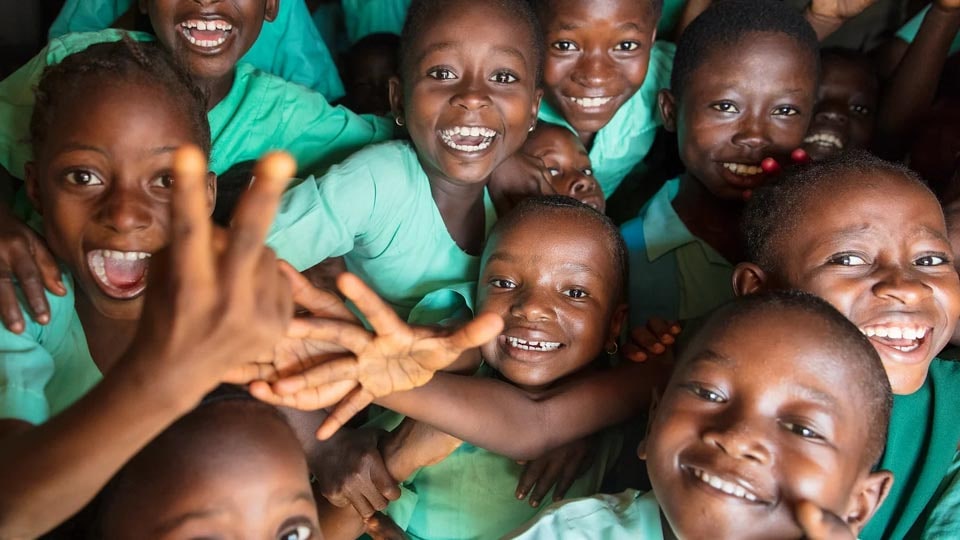
Manary’s research continues as he and his colleagues explore the most effective RUTF formulas for children in underdeveloped regions around the world. Most recently, a study led by Manary’s team found that a nutritional supplement containing high omega-3 and low omega-6 fatty acids can significantly improve cognition in severely malnourished children. The kids who ate RUTF fortified with such supplements surpassed those who did not in gross and fine motor abilities, language proficiencies and social skills — all related to brain health. His research also prompted the United Nations to require adding high omega-3s and low omega-6s to therapeutic foods, effective Jan. 1, 2023. Similarly, the World Health Organization also issued guidelines based on Manary’s research.
Worldwide, RUTF has saved countless lives and has become an important weapon in the battle against malnutrition.
Conservation to Coexist
Farmers outside Kibale National Park in Uganda had a huge problem: Elephants kept trampling their crops.
This is one of many examples in which human–wildlife interactions become dangerous for both parties. Animals who wander outside protected areas have been known to eat and/or damage crops of subsistence farmers. And those same farmers often protect themselves and their livelihoods with lethal results for wildlife.
To help keep the peace, local community members — along with Krista Milich, a biological anthropologist at Washington University — partnered together to empower each other with supplies and advice.
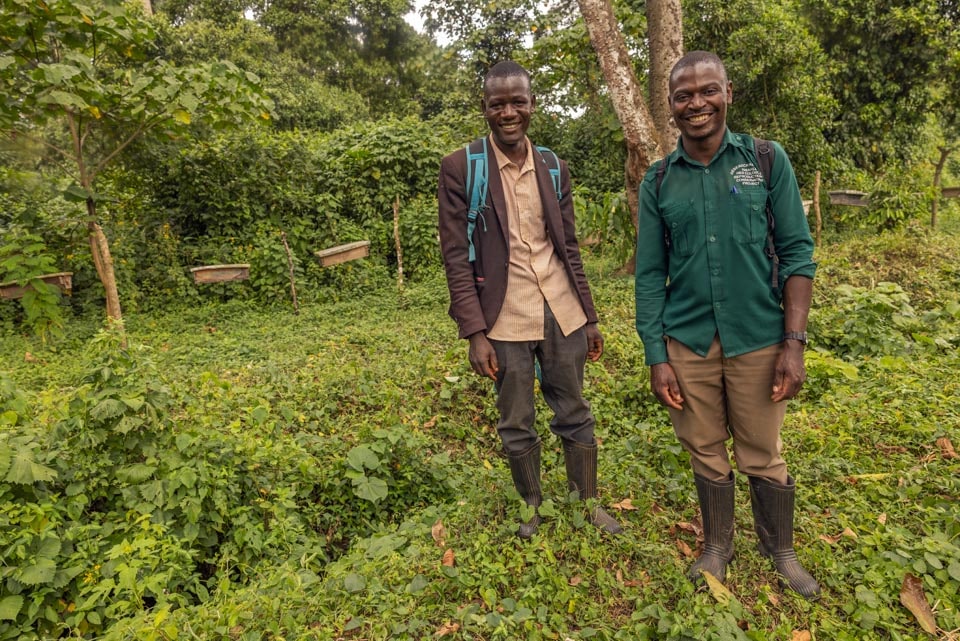
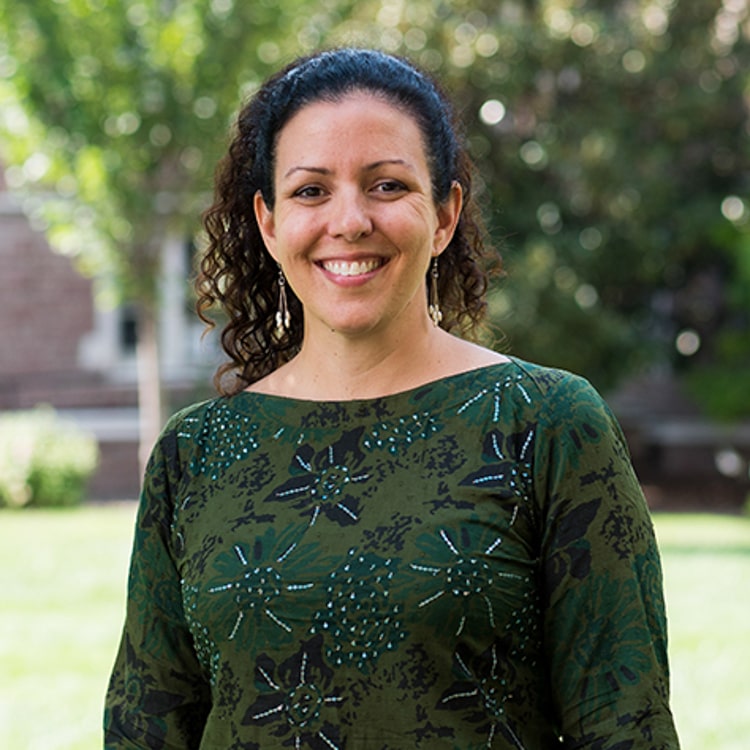
Slowly by slowly — mpora mpora, as they would say in Uganda. People are going out every week and doing this hard work … It’s really encouraging. It makes you realize that if we work together, there’s nothing that can stop us from achieving what we want.
Krista Milich, assistant professor of biological anthropology
Through trial and error, researchers and community members found that strategically placed beehives scared away wildlife — including elephants.
An area that had been an “elephant highway” is now safe for crops, thanks to these “bee fences.”
In addition, farmers can sell honey from the hives to offset damage caused by wildlife. They also plant garlic to harvest and sell.
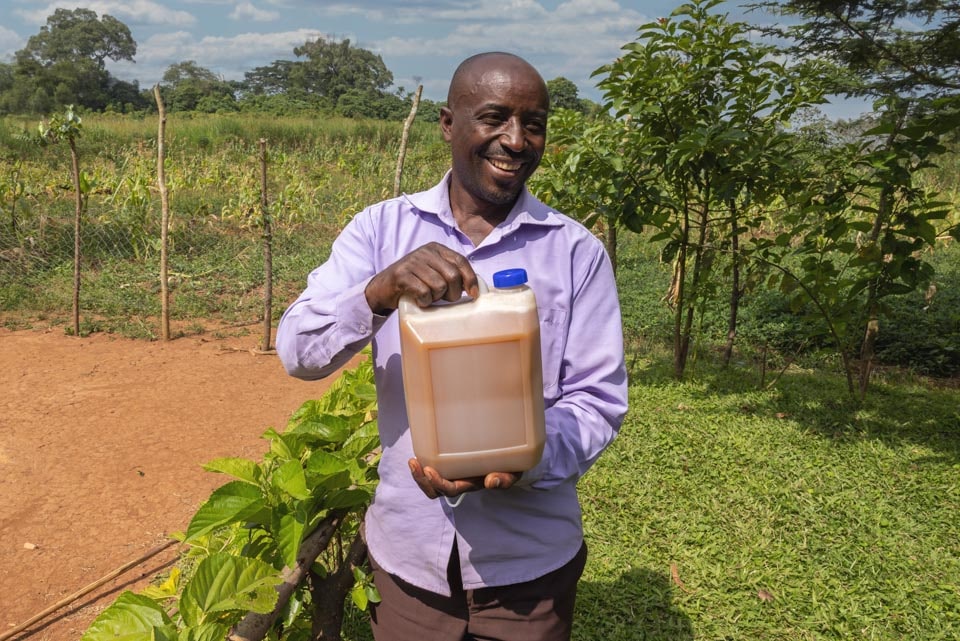
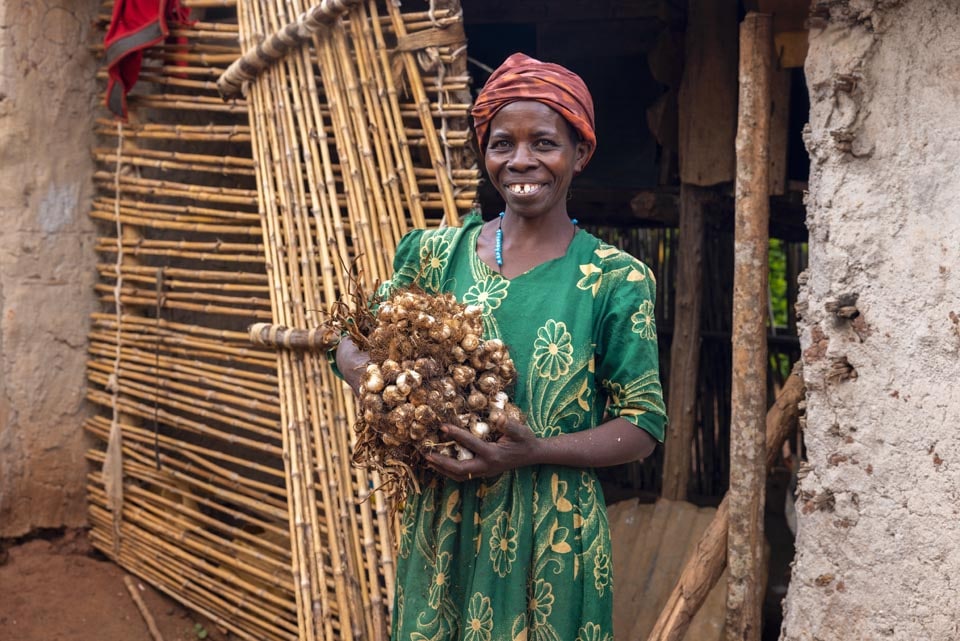
Keeping the elephants and other wildlife away has other, far-reaching benefits: Farmers no longer risk malaria from mosquito bites when watching the fields at night, and children can stay in school because they don’t have to guard the crops. Also, keeping wildlife and people separated helps reduce the chance of diseases crossing over from animals to humans.
These simple remedies are helping people in local communities succeed.
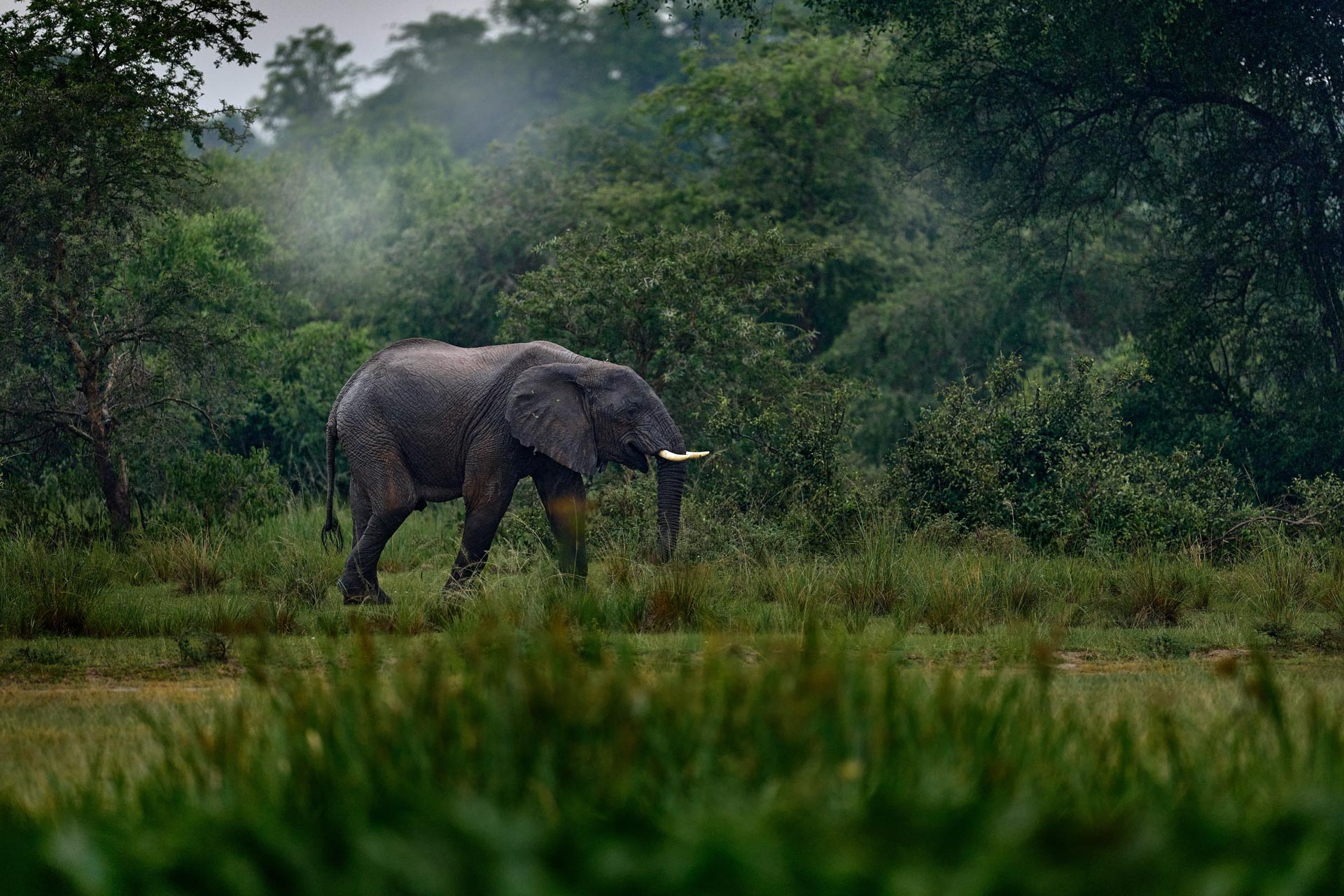
Impact
Together, researchers and communities are working to end needless suffering and death in Africa.
By listening, collaborating and exploring innovative ideas, they can ensure the next generation of Africans thrives.
Producer: Kristin Grupas
Author: Julie Kennedy
Designer: Kristen Gau
Photographers: Tom Malkowicz, Jeffrey Davis, Boas Opedun
Videographer: Tom Malkowicz
Contributors: Anne Davis Cleary, Erika Ebsworth-Goold, Talia Ogliore, Kristina Sauerwein, Roumy Theunissen
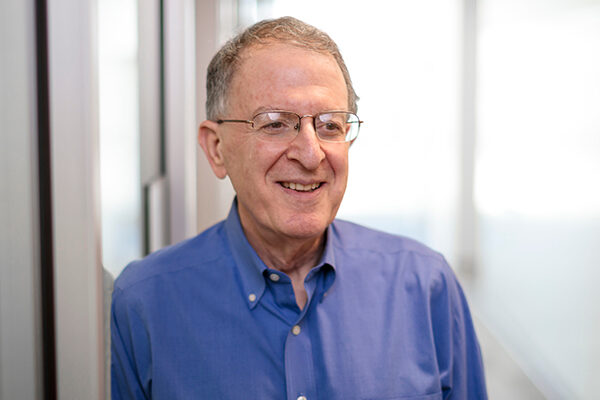
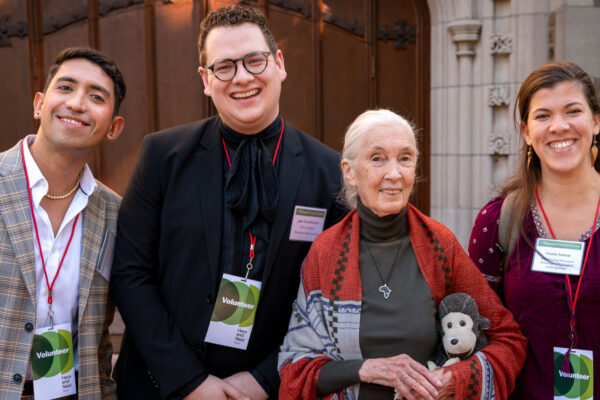
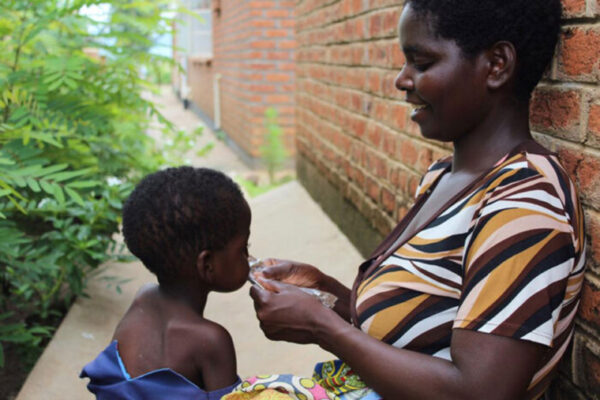
Comments and respectful dialogue are encouraged, but content will be moderated. Please, no personal attacks, obscenity or profanity, selling of commercial products, or endorsements of political candidates or positions. We reserve the right to remove any inappropriate comments. We also cannot address individual medical concerns or provide medical advice in this forum.